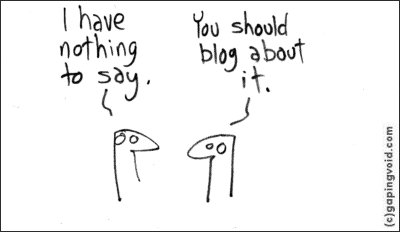Symbols don’t lie
June 13th, 2006 The portal of the St. Marx cemetery (Friedhof St. Marx) shows a hexagram, well known as Star of David. Yet, I was told that this hexagram was (and still is) not meant as a Jewish symbol.
The portal of the St. Marx cemetery (Friedhof St. Marx) shows a hexagram, well known as Star of David. Yet, I was told that this hexagram was (and still is) not meant as a Jewish symbol.
Interestingly, a number of gravestones there show six-pointed stars which some consider variations of hexagrams. Though, I found one engraving showing a six-pointed star within a hexagram.
What is part of a symbol?
One of Heinz von Foerster’s favorite symbols was the Ouroboros. (Von Foerster often used a variation where 2 snakes devour each other’s tail.)
 At the St. Marx cemetery some gravestones carry Ouroboros, many with an arrow pointing from left to right.
At the St. Marx cemetery some gravestones carry Ouroboros, many with an arrow pointing from left to right.
Are symbols just symbols?
I vividly feel as if I was an Ouroboros on fire.

